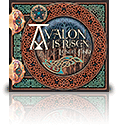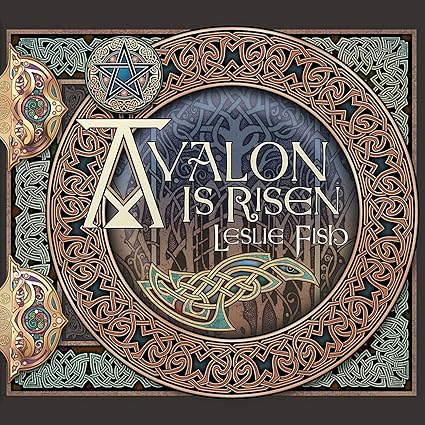Nature’s Head Dry Composting Toilet
Composting refers to the organic materials that have first been decomposed and then, different recycling processes are used in order to make the compound fit for use as a fertilizer. There are lot of different methods of composting and in today’s world, where we are aware of the different troubles of chemical fertilizers, and how they are entering in the food chain, natural composts are gaining a lot of importance and popularity.
Although, it may sound eerie or even repelling, it is worth adding that a lot of human waste is used as compost these days. It can turn out to be extremely helpful for people who have to attend to their garden and other plants when they are residing in between the woods with no access to other chemicals and fertilizers.
There are a lot of products that can help in turning human waste or sewage into useful compost, which can then be used as fertilizer for plants and would aid in enhancing the growth of plants. In the process of composting human waste, one has to take care of a wide range of different factors. The first thing that must be done is that people must take care to ensure that the strong odor and pathogens that are generally present in human fecal matter should be eliminated and destroyed.
In order to achieve this objective, the sewage is covered with a pile of sawdust. It is the presence of sawdust, which eliminates such harmful bacteria. After the bacteria has been killed, ample amount of organic materials must be mixed with sewage content because it will help in easy composting and shall enhance the speed of decomposition as well.
There are various other methods of performing the task as well. However, it is recommended that enough time must be given for the decomposition process. This is because, with time, the decomposition process gets complete and thus the sewage can be completely broken down and the compost that is finally made would be rich in a lot of different organic compounds and will aid in efficient growth of plants.
The best part of the process is that it can be carried out easily and does not require a lot of additional materials. This means that even those people who do not have easy and quick access to various different chemical fertilizers and other products that are being used extensively these days, can use human waste as compost and carry out efficient plant growth.
Not only this, using human waste as compost has also aided in efficient sewage treatment as well. Sewage treatment is becoming a big problem these days because if the waste is not treated properly and left unattended, it becomes home to a lot of different pathogens and bacteria, which in turn can add to medical complications. Hence, the process of turning human waste into compost is full of a lot of different benefits and it is bound to have a lot of dividends.
You should be aware of the details of the process. However, if you are not willing to do the process manually, you can make use of different products that carry out the process. You can find lot of toilets that do not actually flush the waste. Instead of flushing the waste, the waste gets stored in the bin where it is treated so that harmful bacteria and pathogens can be eliminated. Then, the process of decomposition starts, organic greens, and browns can be mixed to the mixture and then it is left for a fixed amount of time. With the right processing, the waste product then turns into compost.
Generally, the compost before use is dug in the soil layer. When the waste is dug, the natural bacteria present in the soil work on these layers and make them fit to be used as fertilizers. Hence, it is an extremely efficient chemical and can contribute immensely to the growth of plants.
Therefore, if you do not have access to chemical fertilizers, or you are looking to save the money that would be incurred in buying these fertilizers, or even if you are in favor of green fertilizers and composts, it is healthy to opt for such natural composts.
There is nothing wrong in treating human waste because essentially it ends up with the soil particles and ultimately turns to compost. So, check out the different types of products that can make this process of changing sewage to compost an easy task.
There is no doubt that the compost formed from human sewage will have lot of benefits for us, because they have contributed in growth of plants. So, check out the right ways of making smart use of the compost-forming product and thus ensure that you can extract the best utilization of your own waste as well.
Nature’s Head Dry Composting Toilet













































